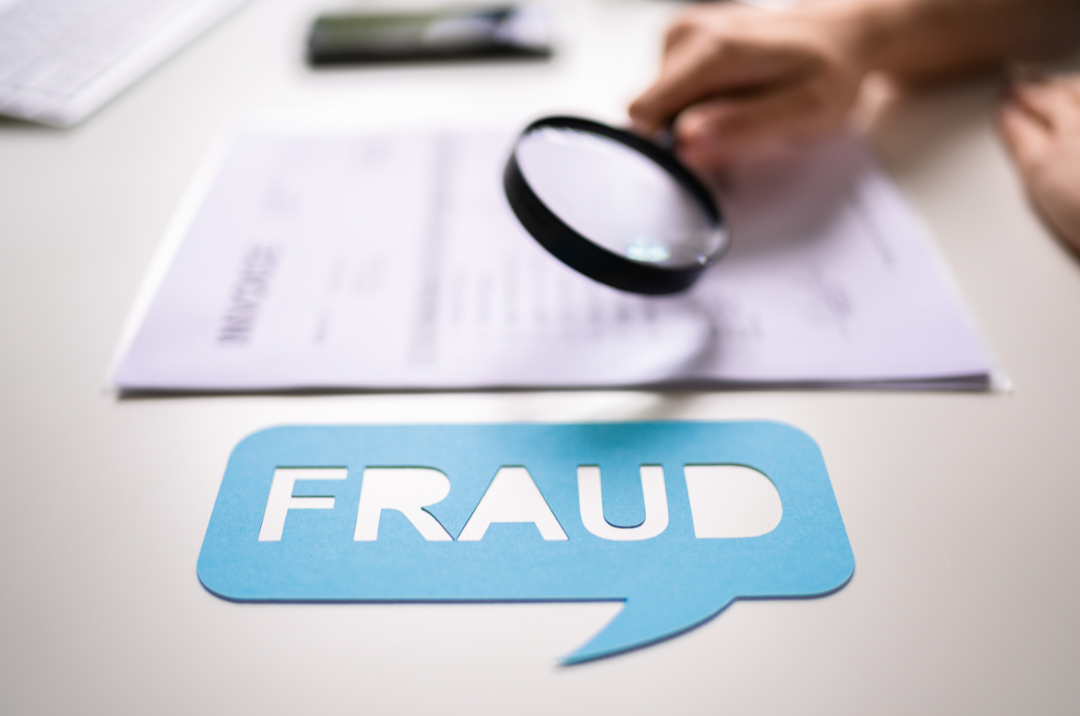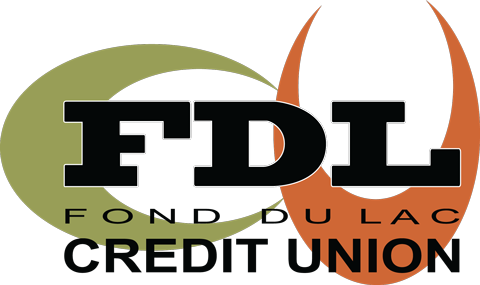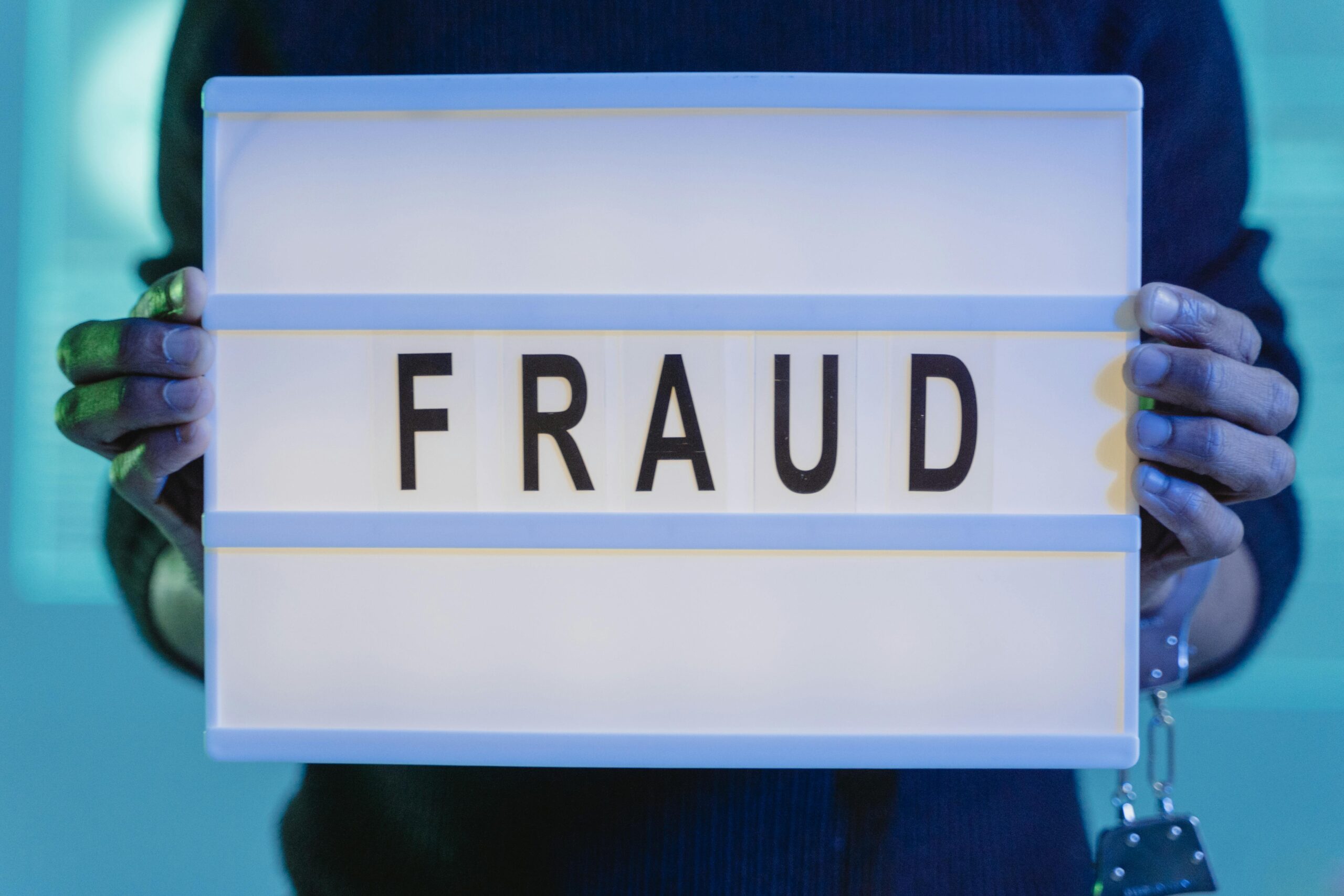Protect Yourself & Your accounts
The safety and security of your finances is a top priority to us. Find helpful tips, answers to common questions and additional information about fraud prevention below.
Recognizing Red Flags
Knowledge is a powerful defense against fraud, and knowing common red flags for spotting fraud, is an important way you can help keep your money safe.
You need to act fast
Acting in urgency is a warning sign of a scam. Scammers want you to act quickly and make payments without taking the time to think the situation through.
They are using fear tactics
If someone threatens to arrest you, sue you, or subject you to any other consequences if you don’t pay them, it’s likely a scam. Scammers know that fear can lead to poor judgement.
They request unusual payment methods
If you are asked to send a payment via a wire transfer, prepaid card, or cryptocurrency, do not do it. These methods are nearly untraceable, and once the money is sent, it’s usually gone for good.
They request pre-payment
If someone offers you a prize or debt relief, if you have to pay an upfront fee or shipping costs in order to get it, it’s most likely a scam.
They ask for personal information
If you are contacted and asked to verify sensitive information over the phone, hang up. Never provide personally identifiable information like your birthday or Social Security number in response to an unsolicited call, email, or text message.
you need to keep it a secret
If you are asked to keep a transaction a secret, it’s likely because the scammer doesn’t want you to share the situation with someone who might detect it as a scam.
Common Scams You Should Be Aware of:
This is not an all-inclusive list, the best way to protect yourself is to be informed and vigilant.
If you’re selling something, do not accept a check for more than the requested amount. After the sale, scammers will ask you to send back the difference they “mistakenly” overpaid. The check will later bounce, and you’ve lost both the money and whatever item you sold.
Don’t pay upfront fees to any company that guarantees they can settle or eliminate your debts. Scammers will promise to negotiate with creditors on your behalf to settle your debts for a fraction of the amount owed, or even wipe the debt out entirely. They charge an upfront fee but fail to deliver on their promise, leaving you in a worse financial situation and without any real debt relief.
This is when a scammer pretends to be someone else, such as a government official, police officer, credit union or bank employee – with the intention of obtaining your money or personal information. Always confirm the identity of the person contacting you. To avoid phone spoofing, hang up and call the person back directly. Fond du Lac Credit Union won’t call you for online banking information, passwords, Social Security numbers, addresses, phone numbers, or other private personal information.
Never provide personal or financial information if you’ve been contacted about winning a prize, especially if you didn’t enter to win one. Scammers may try to get you to pay an upfront fee or taxes before receiving the “prize,” or they may ask for your account information – that way they can “deposit the money.” This is likely a scam.
Phishing is a cybercrime in which a fraudster tries to trick you into giving them your confidential information. The purpose of this is so they can steal your money and identity. Phishing may be done using email, telephone, or text messages.
Information they may try to obtain are bank account numbers, credit card information, passwords, login credentials, your Social Security Number (SSN) and/or your Personal Identification Number (PIN).
IMPORTANT: Fond du Lac Credit Union will never call you or email you to obtain your confidential information. The only time we may ask for your personal information is when you contact us, and we do so for security and identification purposes.
If you feel that you are being phished or do not trust the call that has taken place, disconnect and call Fond du Lac Credit Union directly.
Romance scammers will create fake profiles on dating sites and/or social media sites. The scammers will use the fake profiles to build and create relationships with their targets. Scammers will often mention that they are living, working or traveling outside of the United States. The scammer will use an illusion of a romantic or close relationship to manipulate and/or steal from their targets.
Eventually once they have established trust with their target, they will develop a story to convince the target to send them money. The rule of thumb is to never send money or gifts to someone you have not met in person.
Never transfer money to someone you don’t know. If you are asked to send a payment via a wire transfer, prepaid card, or cryptocurrency, do not do it. These methods are nearly untraceable, and once the money is sent, it’s usually gone for good.
Reporting Fraud and Scams
If you think you’ve been a victim of fraud or a scam, it’s essential to act promptly – that way you can minimize or eliminate your financial loss, as well as help prevent others from falling for the same deceptive schemes. Here is what you should do to report fraud or a scam:
Notify your credit union or credit card issuer
If the fraud or scam involves your credit union account, credit card, or any other financial accounts, immediately contact the institution. Inform them about the fraudulent activity and follow their instructions on how to proceed.
Document the details
Gather all relevant information, such as emails, phone numbers, messages, receipts, or other evidence related to the fraud or scam. This will be important information to have when you report the incident.

File Reports
- In the United States, you can report fraud and scams to the Federal Trade Commission (FTC), which collects data on deceitful activities to identity trends and patterns. You can file to report by visiting the FTC’s website or by calling 1-877-FTC-HELP (382-4357).
- Contact your local police department or law enforcement agency and file a report. Provide them with all the evidence you have gathered. Even if they might not be able to investigate every case, reporting the incident can help build a case against the scammer or fraudster by identifying patterns of criminal activity.
- If your information was stolen, such as your Social Security number, credit card, account details, or other personally identifiable information, go to IdentityTheft.gov. On this website, you can report what happened, obtain a recovery plan, and receive guidance through each recovery step.
Safeguard your credit
If your personal information was compromised through fraud or a scam, contact the three major credit bureaus (Experian, TransUnion, and Equifax) to initiate fraud alerts and freeze your credit. By adding a fraud alert to your credit report, it will warn lenders that you may be a victim of fraud. This is an extra precaution and will let potential lenders know they should contact you before opening any new lines of credit in your name. You can also freeze your credit for free at each of the major credit bureaus. Freezing your credit prevents any new credit accounts from being opened in your name. Even if identity thieves have accessed all of your personal information in a data breach, they can’t open new accounts in your name if your credit is frozen.
FDLCU Recent Blogs
Read the latest news and tips about fraud prevention.
Staying Safe From Scams In The Wake Of Disaster
Spring is the season for tornados and turbulent weather. In fact, according to the National Weather Service, Wisconsin averages 23 tornados a year. Fraudsters see this as the perfect opportunity to take advantage of those who are vulnerable. When you live in an area...
Cybersecurity
Cybercrimes are increasing exponentially by the year. Unfortunately, developments like the pandemic, the growth of cryptocurrency and the increase in online working and shopping have created a target-rich environment for cybercriminals. In fact, according...
Don’t Get Caught in an Auto Warranty Scam
If you drive a car and own a phone, you’ve likely been targeted by this scam once or twice – or maybe even a thousand times. It’s the scam that tips the scale on robocalls and takes them from “mild inconvenience” to “royal pain in the neck”. But auto warranty scams...




